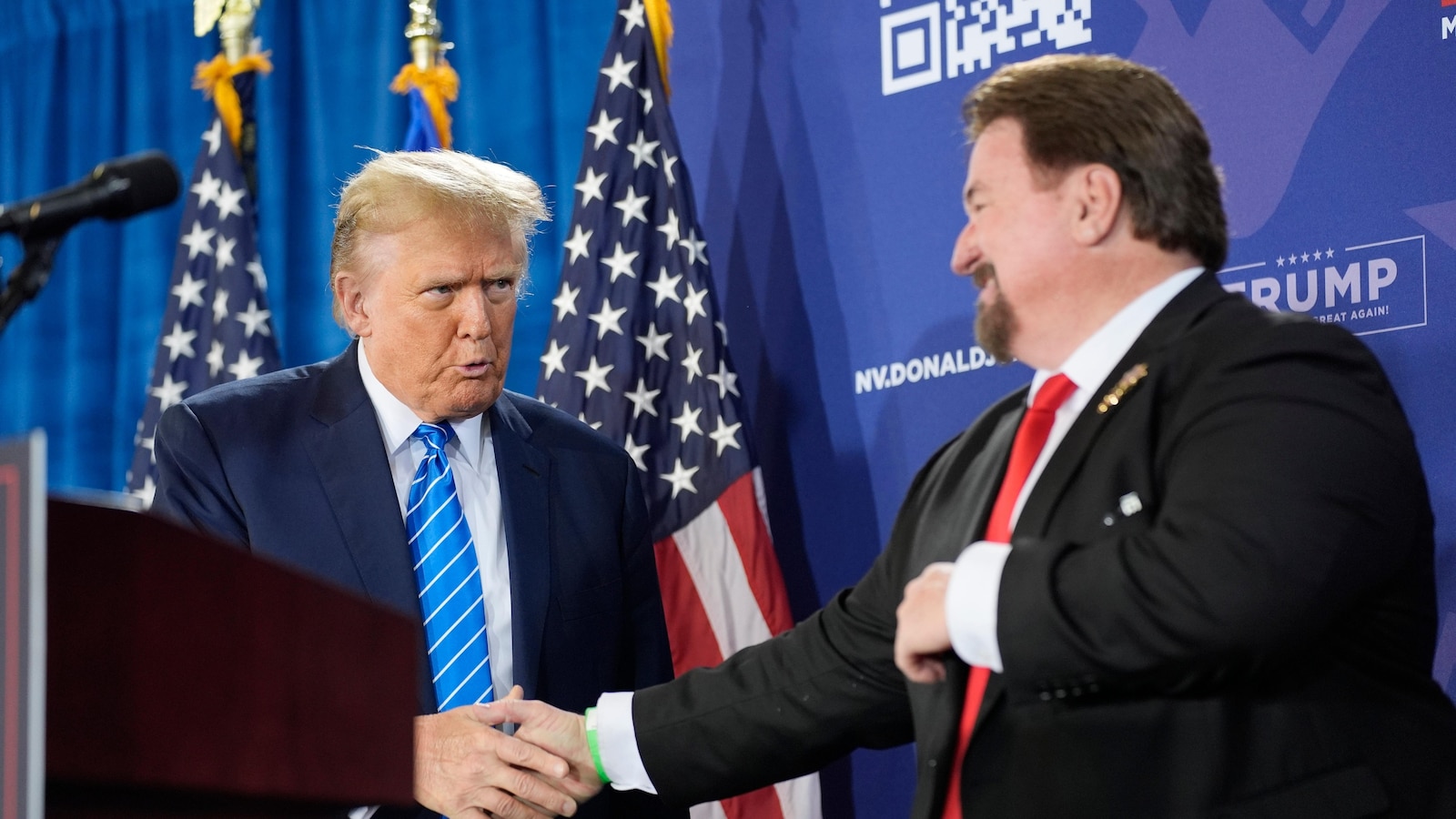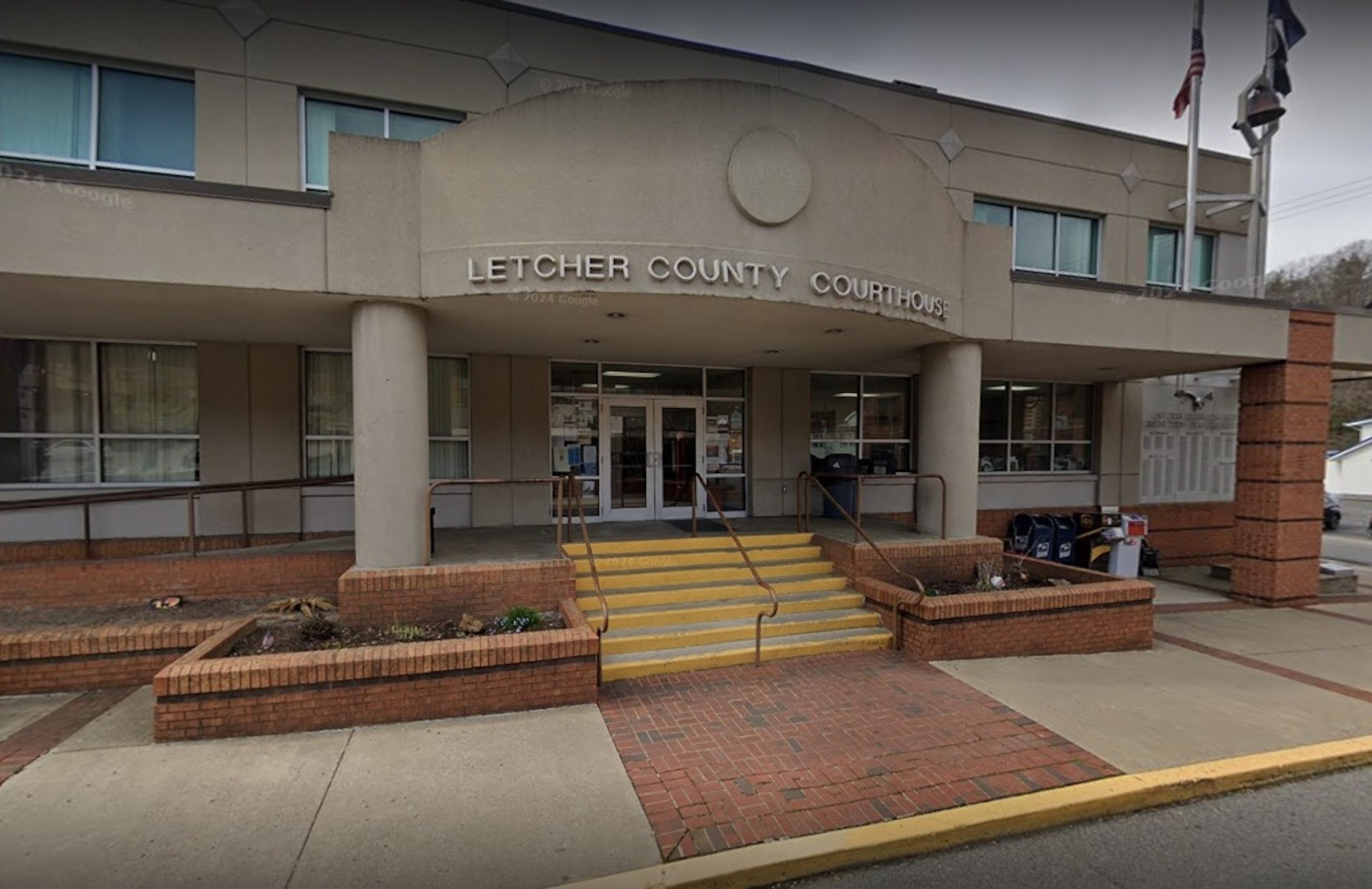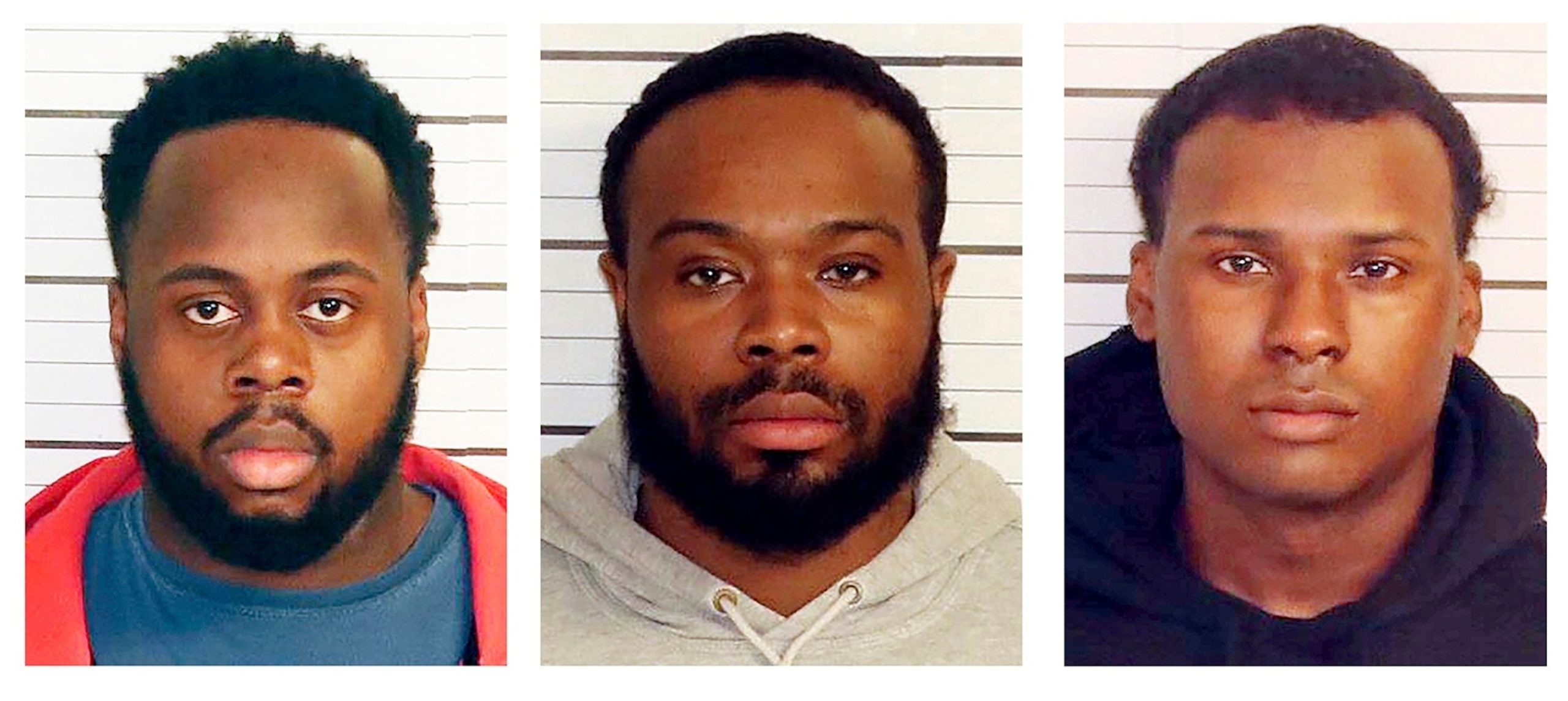
LAS VEGAS — The top prosecutor in Nevada is asking the state Supreme Court to uphold the indictments of six Republicans charged with submitting a bogus certificate to Congress that declared Donald Trump the winner of the presidential battleground’s 2020 election.
Officials have said it was part of a larger scheme across seven battleground states to keep the former president in the White House after losing to Democrat Joe Biden. Criminal cases have also been brought in Michigan, Georgia and Arizona.
Meanwhile, the fate of Nevada’s so-called fake electors case hangs in the balance.
Clark County District Court Judge Mary Kay Holthus issued a written order Friday night affirming her ruling from the bench last month that Las Vegas was the wrong venue for the case and therefore the charges must be dismissed.
A spokesperson for Nevada Attorney General Aaron Ford, a Democrat, confirmed Saturday in a statement that the office formally filed its appeal shortly after the judge issued her written order.
“We remain confident in our case and look forward to bringing these individuals to justice and holding them accountable for their actions,” the statement says.
The defendants are state GOP chairman Michael McDonald; Clark County GOP chairman Jesse Law; national party committee member Jim DeGraffenreid; national and Douglas County committee member Shawn Meehan; Storey County clerk Jim Hindle; and Eileen Rice, a party member from the Lake Tahoe area.
They were indicted by a grand jury in Las Vegas last December, just before a three-year statute of limitations expired. Each was charged with offering a false instrument for filing and uttering a forged instrument — felonies carrying a penalty of up to four or five years in prison.
Monti Levy, one of the defense lawyers, said Saturday they “are confident that Judge Holthus made the correct decision and that her order granting the motion to dismiss will be upheld.”
The defense attorneys had argued that Ford improperly brought the case against their clients before a grand jury in Democratic-leaning Las Vegas instead of in a northern Nevada city, where the alleged crimes occurred.
Ford’s office, meanwhile, argued that “no one county contains the entirety of these crimes.”
It wasn’t clear Saturday from court records whether oral arguments had been scheduled before the Nevada Supreme Court. The court’s clerk also did not respond to an emailed message seeking more information.
Trump lost to Biden by more than 30,000 votes in Nevada. An investigation by then-Nevada Secretary of State Barbara Cegavske, a Republican, found no credible evidence of widespread voter fraud in the state.
The Nevada Attorney General is seeking to revive a case involving fake electors with an appeal to the state’s high court. The case, which centers around a group of individuals who falsely claimed to be electors for the 2020 presidential election, has been a point of contention in the state since it was first brought to light.
The fake electors, who were not officially appointed by the state, attempted to cast electoral votes for former President Donald Trump in the 2020 election. Their actions were quickly denounced by state officials and election experts, who pointed out that only legally appointed electors have the authority to cast votes in the Electoral College.
Despite this, the fake electors persisted in their efforts and even went so far as to hold a mock “electoral college” meeting in Carson City, Nevada. Their actions sparked outrage and confusion among voters, leading to calls for legal action to be taken against them.
In response, the Nevada Attorney General filed a lawsuit seeking to invalidate the fake electors’ votes and prevent them from being counted in the official tally. The case was initially dismissed by a lower court, but the Attorney General is now appealing to the state’s high court in hopes of having the decision overturned.
The Attorney General argues that allowing the fake electors’ votes to stand would set a dangerous precedent and undermine the integrity of the electoral process. By taking legal action against them, the state is sending a clear message that attempts to subvert the democratic process will not be tolerated.
The outcome of this case could have far-reaching implications for future elections in Nevada and beyond. It will serve as a test of the state’s ability to protect the integrity of its electoral system and ensure that only legitimate electors have the power to cast votes in the Electoral College.
As the case moves forward, all eyes will be on the Nevada high court to see how they rule on this important issue. The decision they make could have a lasting impact on the future of elections in the state and serve as a warning to others who may seek to undermine the democratic process.


